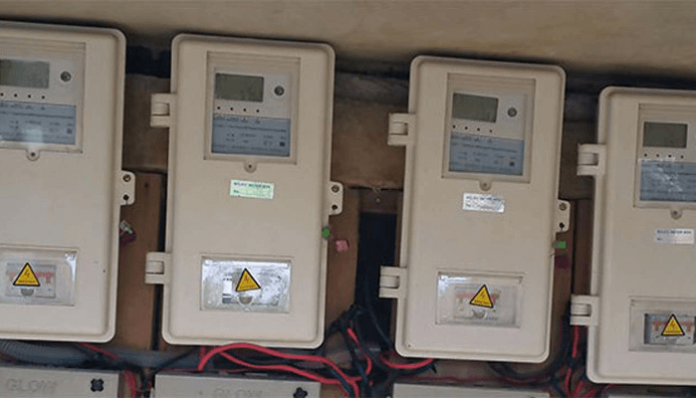A contentious dispute has erupted in Nigeria’s electricity sector as Distribution Companies (DisCos) and consumers clash over mandatory meter upgrades. The deadline for compliance, set for November 24, 2024, has intensified the tension.
At the centre of the controversy is an order from DisCos mandating consumers to upgrade outdated meters or face reversion to estimated billing. Many Nigerians see this directive as an added financial burden amid soaring living costs and economic hardship.
Residents in Lagos expressed frustration over the policy. Abike John, a mother of three, lamented the impact on her household budget:
“I am already struggling to manage my electricity expenses, and now they want me to pay for a meter upgrade. Why can’t the cost be absorbed as part of their operations?”
Similarly, Adebayo Sulaimon, another Lagos resident, criticised the policy:
“We’re already grappling with high electricity tariffs, and now this? It’s too much for the average Nigerian to bear.”
DisCos defend the upgrades, citing the need for efficiency and enhanced service delivery. A senior representative, who spoke anonymously, compared the process to updating outdated technology:
“Upgrading meters is crucial for reducing technical errors and improving billing transparency. Unfortunately, we do not have free meters to distribute.”
Two major providers, Ikeja Electric Plc and Eko Electricity Distribution Company (EKEDC), recently directed customers using old Unistar prepaid meters to replace them by the deadline or face estimated billing. This sparked widespread backlash, prompting interventions from the Nigerian Electricity Regulatory Commission (NERC) and the Federal Competition and Consumer Protection Commission (FCCPC).
The regulatory bodies urged the DisCos to halt plans to phase out functional meters, stressing that Unistar’s devices remain operational. They also reaffirmed that under the Nigerian Electricity Supply Industry Act, DisCos are responsible for replacing faulty or obsolete meters without charging customers.
NERC reiterated this in a statement shared via its official X account:
“No customer with a meter should be forcefully migrated to estimated billing. If any meter is deemed obsolete or faulty, it is the responsibility of the DisCo to replace it free of charge, provided the fault was not caused by the customer.”
The statement urged consumers to report violations via dedicated channels and assured them of regulatory oversight to safeguard their rights.
Adding to the discontent is the role of Meter Asset Providers (MAPs), approved by NERC to supply and install meters. Consumers have complained of delays and inefficiencies, further straining trust in the system.
As the November 24 deadline looms, the standoff underscores the challenges in balancing regulatory enforcement, consumer protection, and operational efficiency within Nigeria’s electricity sector.













